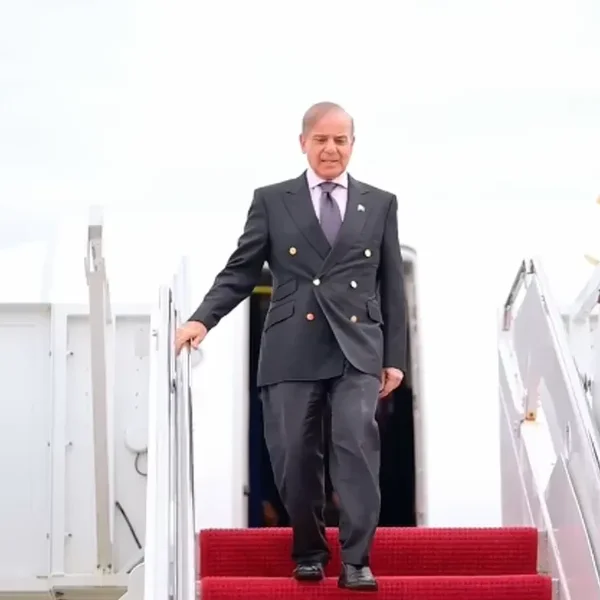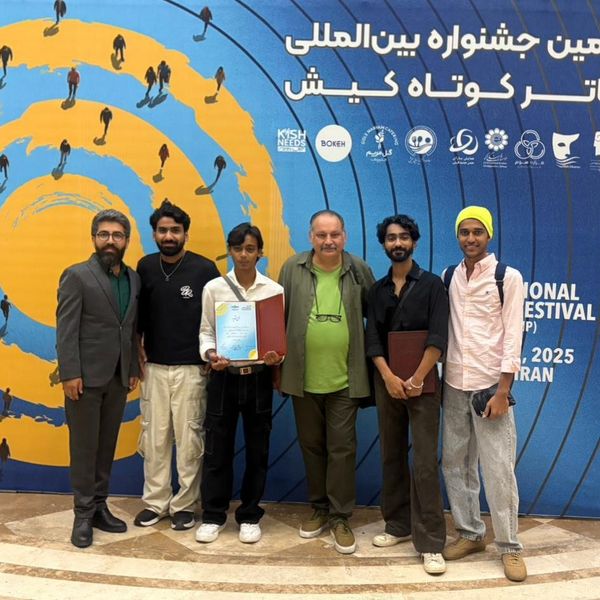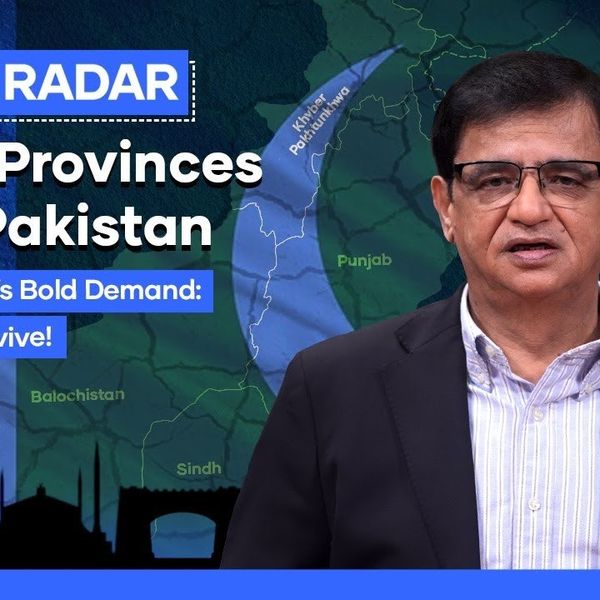Israel’s strike on Qatar shakes Middle East alliances
Kamran Khan warns Israel’s strike on Qatar creates a dangerous precedent with global implications
News Desk
The News Desk provides timely and factual coverage of national and international events, with an emphasis on accuracy and clarity.
Kamran Khan said that Israel’s missile strike on Qatar has jolted the Middle East, marking the first time a Gulf monarchy and U.S. strategic partner has been targeted by Tel Aviv.
The rare assault, carried out Tuesday by 10 Israeli fighter jets on a residential building in Doha, was aimed at senior Hamas leaders engaged in U.S.-backed ceasefire talks on Gaza. According to Al-Quds Press, Hamas political chiefs Khalil al-Hayya, Khaled Meshaal, Mohammed Darwish, Ghazi Hamad, Izzat al-Rishq and Mousa Abu Marzouk were in the Qatari capital at the time.
While six Hamas-linked operatives were killed, the top leadership escaped unhurt. Qatar’s prime minister, Sheikh Mohammed bin Abdulrahman Al Thani, condemned the attack and warned that Doha reserved the right to respond.
Khan noted that Qatar has spent two decades positioning itself as a neutral mediator, hosting talks between rivals including the U.S. and the Taliban, and more recently, Washington and Tehran. The Israeli strike, he argued, has shattered that credibility and raised doubts over Doha’s future role as a diplomatic hub.
“This is the first time Israel has extended its military campaign beyond Gaza, Lebanon, Syria, Yemen and Iran,” Khan said. “It targeted a state considered America’s closest strategic partner in the Arab world.”
The implications run deep. Qatar hosts the Al Udeid Air Base, the largest U.S. military installation overseas and the nerve center for Central Command operations in the region. Spanning 12 square kilometers, it houses two runways, advanced command systems, and between 8,000 and 10,000 American troops.
Against that backdrop, Israel’s strike has raised questions about U.S. complicity. Reports suggest Washington was informed in advance and approved the targeting of Hamas leaders.
President Donald Trump, speaking in Washington, called the strike a significant step in weakening Hamas but admitted he was “very unhappy” with several aspects of the attack.
The assault has triggered sweeping condemnation. Pakistan, Saudi Arabia, Kuwait, the United Arab Emirates, Iran, and U.N. Secretary-General António Guterres denounced the move.
UAE President Sheikh Mohammed bin Zayed al-Nahyan traveled unexpectedly to Doha, calling the attack “criminal” and warning it could ignite further conflict. The visit carried symbolic weight, given past rifts between Qatar and the UAE. Saudi Crown Prince Mohammed bin Salman is also scheduled to visit Doha, signaling regional solidarity.
Khan emphasized that while Arab states have voiced strong objections, Qatar’s security ultimately hinges on the U.S. “The question now is whether Washington’s guarantees mean anything,” he said.
The development comes just months after Qatar’s prime minister gave a groundbreaking interview to Israel’s Channel 12 in January, even hinting at the possibility of a visit to Israel. The conversation revived debate over the Abraham Accords, originally pursued under Trump’s first term.
Now, Khan argued, Israel’s strike looks less like a tactical military move and more like a “strategic earthquake” reshaping the region. “Old alliances, old assurances, and old trust are all being tested,” he said.
Arab monarchies, he suggested, face two stark choices: to mount collective diplomatic and economic pressure against Israel, or to pivot toward alternative security partners such as China and Russia.
“The attack on Qatar is not just a military action,” Khan concluded. “It is a turning point that forces the Gulf states to reassess their future in a world where American protection may no longer be enough.”











Comments
See what people are discussing